
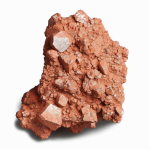
Feldspar
15 781 540 t
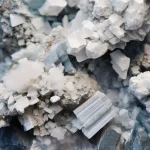
Gypsum
10 679 212 t
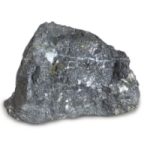
Iron
11 928 200 t
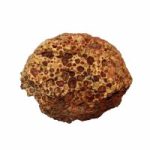
Bauxite
2 072 968 t
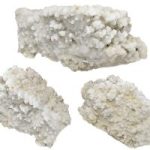
Salt
9 085 711 t
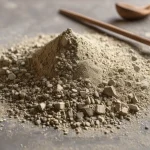
Bentonite
2 018 993 t
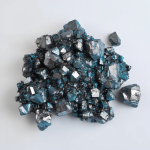
Boron
2 590 000 t
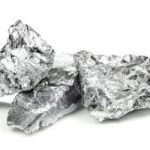
Chromium
1 460 300 t
Turkey is one of the world’s most promising and dynamic mining destinations, with more than 40% cent of its prospective mining areas still unexplored. The country is the largest gold producer in Europe with 27 tons of gold production per annum from 15 mines. Located on the Tethyan Metallogenic Belt, Turkey also hosts a wide range of deposits, which include mineral ores, coal, silver, marble and natural stones. The government’s priority is to encourage private investment and develop mining into one of the country’s leading industries.
Currently, more than 20 overseas minerals companies are active in Turkey, including large and mid-tier companies from Canada, the UK, the US and Australia. These companies are engaged in the full spectrum of mining activities, from exploration to smelting.
Mines, as a form of natural resource, belong to the Turkish state and are not subject to private ownership, regardless of their geological location (in land, or in, on or under the continental shelf or under water, including under rivers, lakes, inland seas and coastal waters). The Mining Law provides an extensive permitting regime, which divides the development of a mine into three unique stages: (i) exploration, (ii) operation, and (iii) production.
In January 2023 the country’s President Recep Tayyip Erdogan urged Turkish Gold mining companies to keep increasing their gold production so it can rely less on imports. In 2000 “Turkish gold production was almost zero in 2000 and in 2020 broke the historic record with 42 tons of gold produced in the country. A historical earthquake in Turkey resulted in immense damage and loss of life, highlighting the potential impact of earthquakes on the environment and infrastructure. In the aftermath of the earthquakes, Turkish authorities temporarily suspended some gold imports as part of an emergency plan to mitigate the economic fallout and issued a decree for lenders to enforce a minimum spread on gold for domestic sales to ease the impact of gold imports on the economy.
